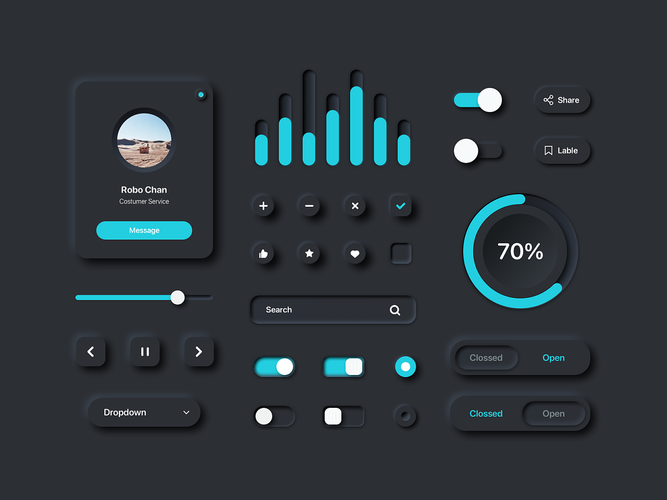- 欢迎使用千万蜘蛛池,网站外链优化,蜘蛛池引蜘蛛快速提高网站收录,收藏快捷键 CTRL + D
"Python设计模式: 学习实践和应用指南" "你知道如何运用Python设计模式吗?快速掌握并实践吧"



Python设计模式是一种解决特定问题的优秀方案,它可以帮助开发者提高代码的可读性、可维护性和可扩展性。以下是一些常见的Python设计模式。
单例模式
单例模式确保一个类只有一个实例,并提供一个全局访问点。
class Singleton:
_instance = None
def __new__(cls):
if cls._instance is None:
cls._instance = super().__new__(cls)
return cls._instance
singleton1 = Singleton()
singleton2 = Singleton()
print(singleton1 is singleton2) # 输出 True
工厂模式
工厂模式是一种创建对象的模式,它提供了一种将对象创建的逻辑封装起来的方法。
class Animal:
def speak(self):
pass
class Dog(Animal):
def speak(self):
return "汪汪汪"
class Cat(Animal):
def speak(self):
return "喵喵喵"
class AnimalFactory:
def create_animal(self, animal_type):
if animal_type == "Dog":
return Dog()
elif animal_type == "Cat":
return Cat()
else:
raise ValueError("Invalid animal type")
factory = AnimalFactory()
dog = factory.create_animal("Dog")
cat = factory.create_animal("Cat")
print(dog.speak()) # 输出 "汪汪汪"
print(cat.speak()) # 输出 "喵喵喵"
抽象工厂模式
抽象工厂模式是一种创建一系列相关或相互依赖对象的接口,而无需指定它们具体的类。
from abc import ABC, abstractmethod
class Animal(ABC):
@abstractmethod
def speak(self):
pass
class Dog(Animal):
def speak(self):
return "汪汪汪"
class Cat(Animal):
def speak(self):
return "喵喵喵"
class AnimalFactory(ABC):
@abstractmethod
def create_animal(self, animal_type):
pass
class DogFactory(AnimalFactory):
def create_animal(self, animal_type):
if animal_type == "Dog":
return Dog()
else:
raise ValueError("Invalid animal type")
class CatFactory(AnimalFactory):
def create_animal(self, animal_type):
if animal_type == "Cat":
return Cat()
else:
raise ValueError("Invalid animal type")
建造者模式
建造者模式是一种将一个复杂对象的构建与其表示分离,使得同样的构建过程可以创建不同的表示。
class Product:
def __init__(self, part1, part2, part3):
self.part1 = part1
self.part2 = part2
self.part3 = part3
builder = ProductBuilder()
product = builder.build_part1("Part 1").build_part2("Part 2").build_part3("Part 3").get_product()
下面是一个简单的介绍,展示了部分常用的设计模式及其在Python中的实现:
| 设计模式 | 描述 | Python实现例子 |
| 单例模式(Singleton) | 确保一个类只有一个实例,并提供一个访问
本文链接:https://www.24zzc.com/news/171874104286269.html 相关文章推荐网络推广最新文章
您可能感兴趣的文章 |
















)
)

)
)
